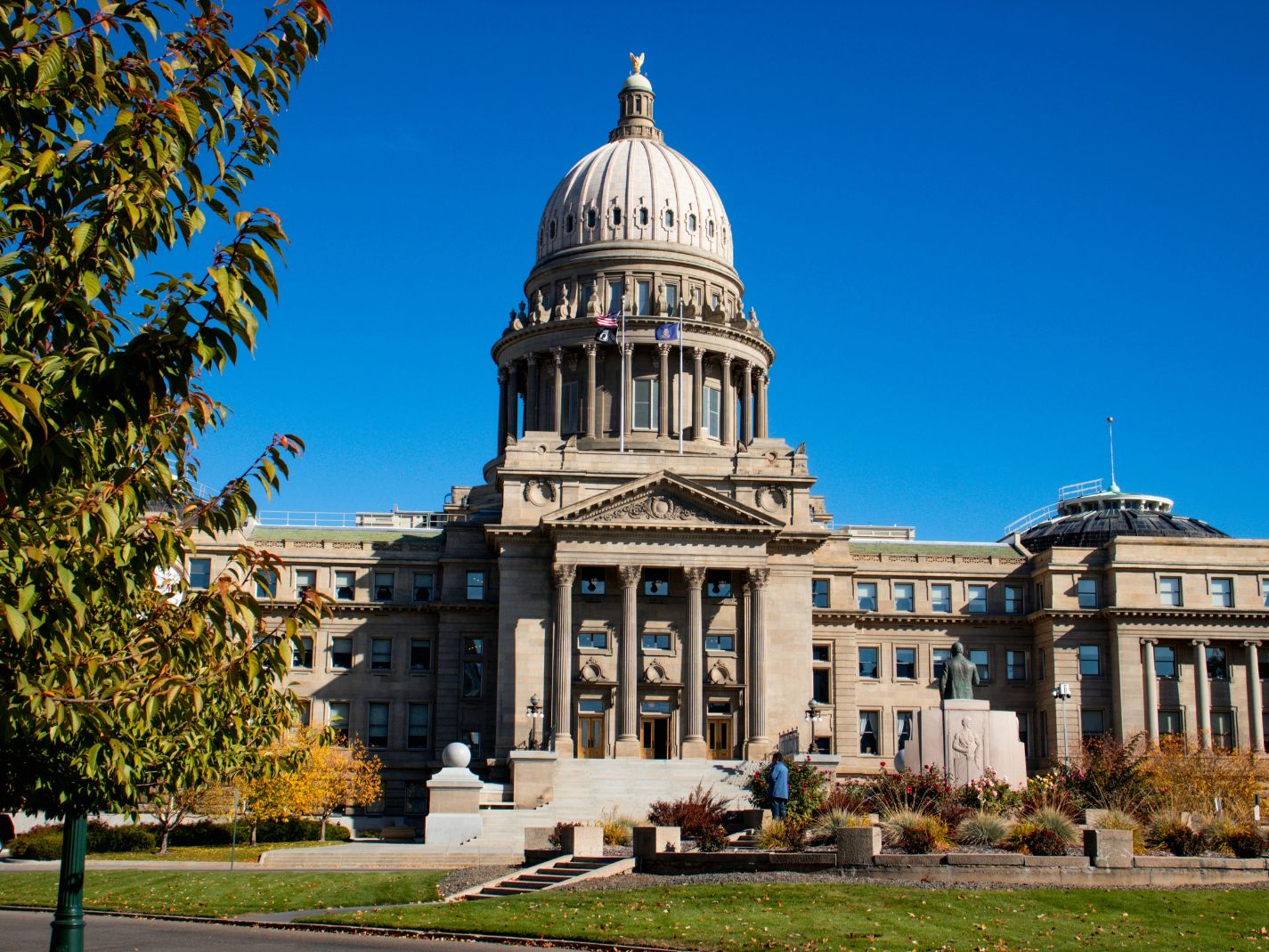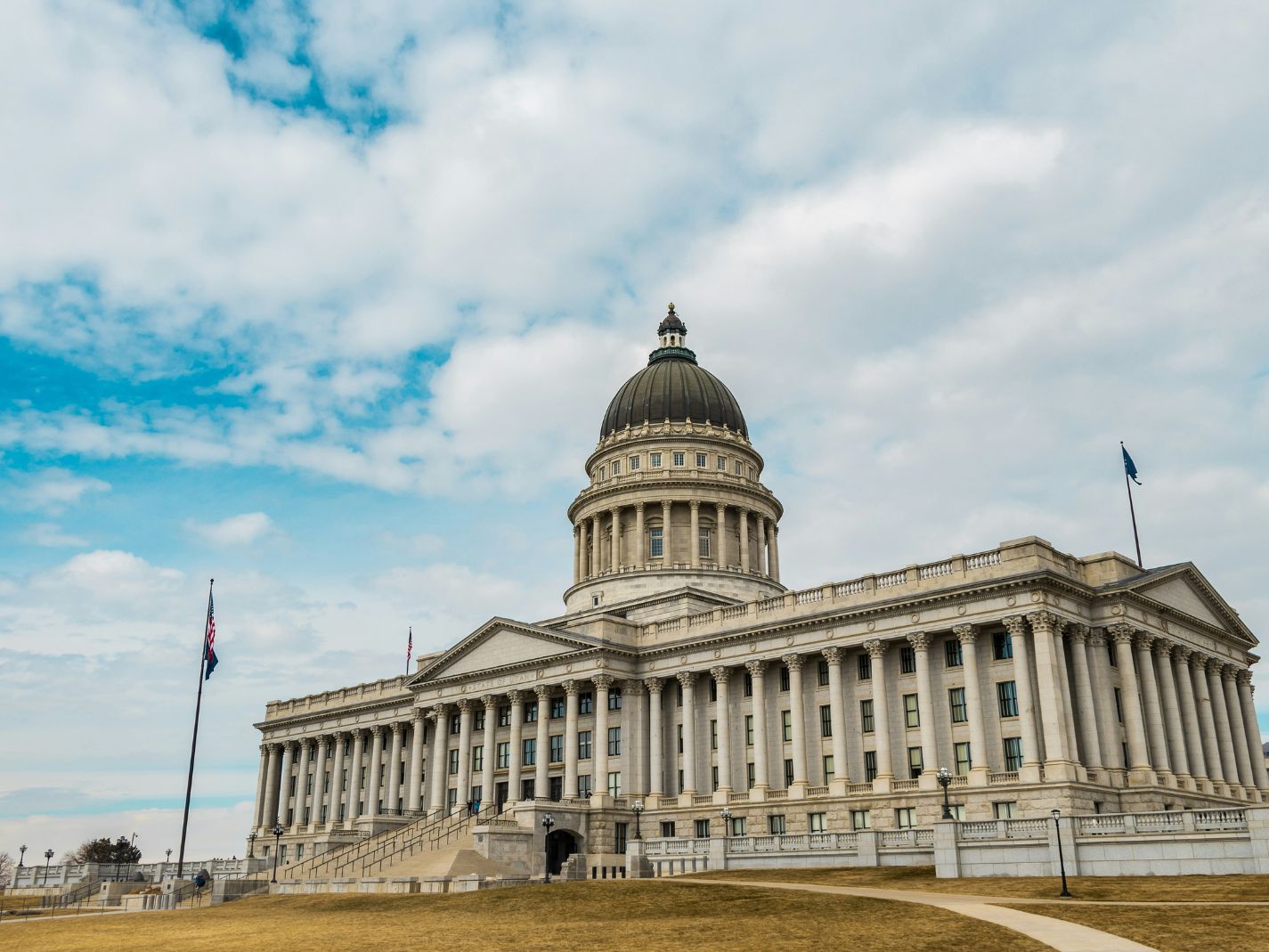Christmas is just days away, and some states have given their citizens early Christmas presents by moving forward with crucial civics education reforms. Meanwhile, Rhode Island is closing out the year by delivering a stocking full of coal to civics education advocates who are fighting against political bias in public schools. Keep reading to learn about the good, the bad, and the just plain ugly developments in civics education as we head into the holidays.
Rhode Island Social Studies Standards: A New Battle
Rhode Island’s Education Department (ED) issued draft social studies standards on December 7—and the comment period ended on December 19. Of course, the ED didn’t want the public to have time to comment on the standards. It had already gotten the comment it wanted in advance, from the woke coalition:
Participants providing input were encouraged to do so via a survey that RIDE developed. This process included proactively reaching out to individuals, organizations, associations, and groups representative of Rhode Island’s ethnic, cultural, linguistic, and identity-based communities. This process was purposeful and included historically silenced or erased communities. In addition, the intent was to develop an active feedback process that engaged communities rather than a more traditional and passive approach to soliciting feedback.
Rhode Island’s ED rigged the public comment process for social studies standards and calls it principle.
We will be writing a long critique of these standards in cooperation with the Rhode Island Center for Freedom and Prosperity. Our comments will include the following:
- Rigged public comment process to preclude real public comment
- Bloated, jargon-filled prose, unreadable by Rhode Island citizens
- So unclear that the standards are not usable for curriculum creation, professional development, or textbook creation
- Pervasive political skew, exemplified by cut-and-paste invocations of the identity politics coalition and selective use of the cynical phrase and who benefits to delegitimize American history and ideals
- Pervasive absence of the institutions and ideals of history
- Fifth and sixth grade standards made unteachably difficult so as to import sophisticated cynicism into a basic course
- Applying the analysis of power dynamics, with implicitly revolutionary consequences, to the family
Rhode Islanders need to be informed so they can begin to rally against the political and bureaucratic machine that imposed these draft standards. Americans need to be informed to prevent the Rhode Island process from being imposed on them.
Indiana Grade 6 Civics Standards: A Good Model
Indiana just issued Grade 6 Civics Standards—and they’re good. Just a decade ago, these would have been standard-issue, but now they’re far above average because they don’t include radical distortions. We commend Indiana’s Education Department for quiet competence in producing middle-school civics standards, and we encourage all Americans to look at them so that they can see what a good old-fashioned middle-school civics standard looks like.
Teaching Credentials: California and Minnesota
California tried to shift the teaching credential process quietly to allow Ethnic Studies majors to teach history and social studies classes. The good folks at the Alliance for Constructive Ethnic Studies (ACES) and the Californians for Equal Rights Foundation (CFER) blew the whistle on them, and the California Commission on Teacher Credentialing has paused the change. Californians should work with ACES and CFER to make sure that the proposal stays halted and, ideally, scuppered for good. All Americans need to be aware that part of the battle for social studies reform is a battle over teacher credentials—and to keep an eye on what’s happening in their own states.
In Minnesota, alas, most of the radicalizing teacher licensure changes have been approved by an administrative law judge. This is by no means the end of the fight—but now the fight must be to repeal these changes, not just to keep them from being imposed. Americans should take notes on how the Center of the American Experiment conducts this necessary battle.
Judge Douglas Ginsburg: Civics Resources
Judge Douglas Ginsburg, senior judge on the United States Court of Appeals for the District of Columbia Circuit, has been contributing to civics education. Already distinguished as a judge and a scholar, Judge Ginsburg has now created Civics Fundamentals, in partnership with izzit.org, as a free, standards-aligned course based upon the naturalization test for would-be citizens, to help all learners develop the foundational civics knowledge that every American should have. Some of his other educational videos with izzit.org include the First Amendment and the U.S. Constitution & Black History.
Judge Ginsburg has also been creating a video series on American constitutional history, A More or Less Perfect Union, at the Free to Choose Network, which includes conversations with the Founding Fathers of our Constitution, and edited a companion volume for the series, Voices of Our Republic: Exploring the Constitution with Ruth Bader Ginsburg, Alan Dershowitz, Sandra Day O’Connor, Ron Chernow, and Many More.
Judge Ginsburg joins an eminent series of judges who have contributed to civic education. James Wilson’s Law Lectures (1798) illustrated both to law students and to citizens how the new republic’s Constitution should work. Joseph Story’s Commentaries on the Constitution of the United States (1833) was for generations the nation’s textbook on the Constitution. William Rehnquist wrote thoughtful popular histories of American politics and the law, such as All the Laws but One: Civil Liberties in Wartime (1998) and The Centennial Crisis: The Disputed Election of 1876 (2004). Judge Ginsburg worthily continues for modern America his predecessors’ work to educate Americans to know our Constitution and the freedoms that it guarantees.
Judge Ginsburg is providing a living model for how figures in public life can work to improve civics education. It’s important, and wonderful, that a figure of Judge Ginsburg’s stature has joined the campaign to repair Americans’ civic education. Americans who have devoted their life to public service can and should work to teach young Americans about our founding principles of liberty, and of the institutions and individuals that preserve our liberty. We commend his example to all his peers who have judged, made, and executed the laws.
Other New Civics Resources
- Wisconsin Institute for Law & Liberty: Teaching Hope Instead of Critical Race Theory in Social Studies
- Religious Freedom Institute: America’s First Freedom Curriculum
Social Studies Commentary
- Pamela Benigno, “Let parents look at what kids learn,” The Gazette [Colorado], December 11, 2022
Civics Alliance State Affiliates
The Civics Alliance is building a network of state affiliates—groups dedicated to removing action civics in their state, whom we will list on our website. We now have eight affiliates, in Alabama, Georgia, Massachusetts, Missouri, Ohio, Pennsylvania, Rhode Island, and Texas. If you would like to form such an organization, or suggest an existing organization, please get in touch with David Randall (randall@nas.org).
Monthly American Birthright Zoom Meeting
The Civics Alliance will have its next monthly Zoom session devoted to social studies standards reform on Monday, January 9, at 2 pm Eastern Time. Please email randall@nas.org if you would like to join these monthly Zoom meetings.
Social Studies Standards Revision Schedule
2022/Current: Arkansas, Idaho, Kentucky (partial), Minnesota, Mississippi, Rhode Island, South Dakota, Tennessee, Utah, Virginia.
2023: Alaska, California, Connecticut, Indiana, Maine, Ohio, Oregon, Wyoming
2024: Alabama, Arizona, Montana, Oklahoma, West Virginia, Wisconsin
2025: Kentucky, Texas
2026: Colorado, Maryland, North Dakota, South Carolina
2027: Hawaii, Kansas
2029: Louisiana
2031: Illinois
No Revision Currently Scheduled: Delaware, Florida, Georgia, Iowa, Massachusetts, Michigan, Missouri (but could change), New Hampshire, New Mexico, New York, Pennsylvania, Vermont, Washington
Waiting Confirmation: District of Columbia (current process), North Carolina (2021)
Please email David Randall (randall@nas.org) if you are interested in further information about your state’s social studies revision process, and what you can do to participate.
Continuing Priorities: Federal Legislation
At the federal level, the Civics Secures Democracy Act threatens to impose action civics nationwide.
The Civics Bill Tracker
Civics Alliance members may now use the Civics Bill Tracker to track all proposed federal and state legislation related to civics.
Public Action
We encourage Civics Alliance members to inform the public and policymakers about the stakes and consequences of action civics bills.
David Randall is Executive Director of the Civics Alliance and Director of Research at the National Association of Scholars.



